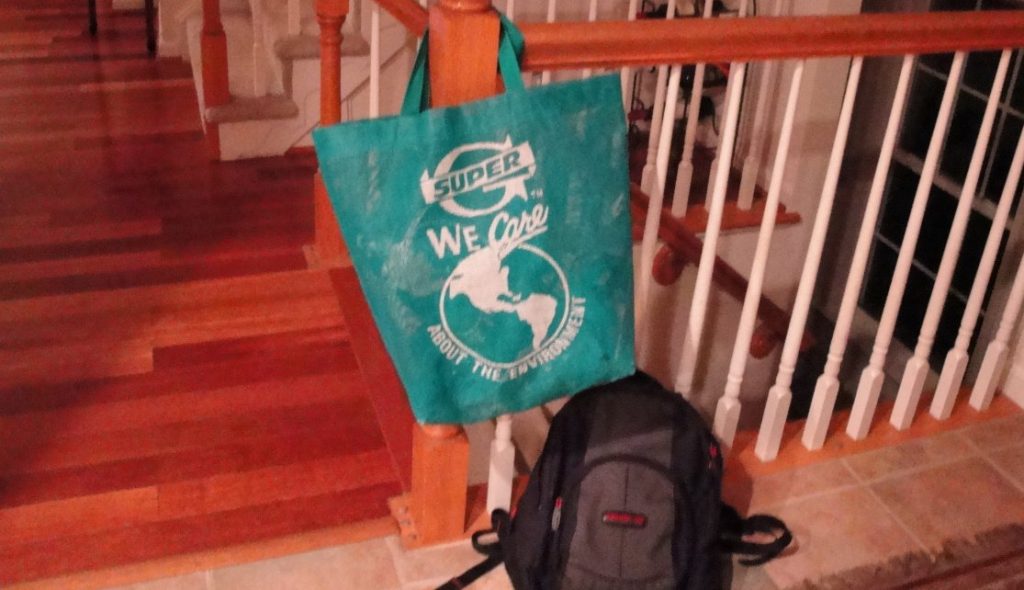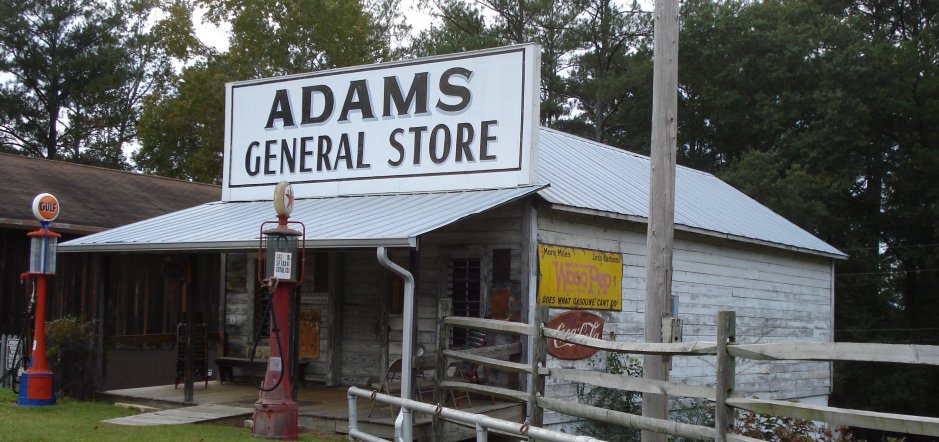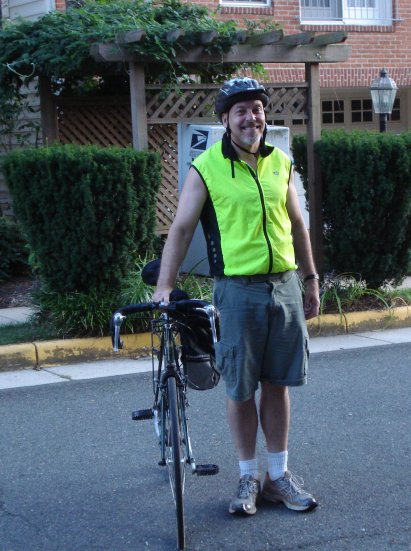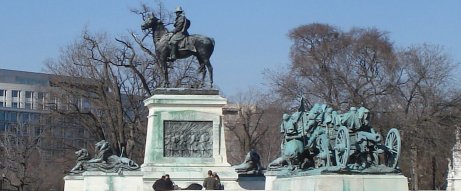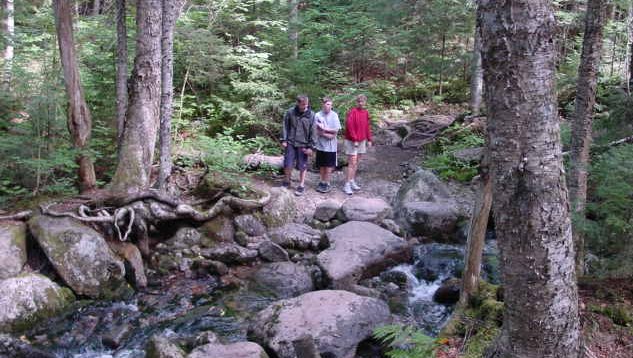The concepts of fairness and equality significantly overlap, but they are not the same. A recent study showed how people’s perception of fairness of equal outcomes varied depending on what rewards were being offered. It seems that most people think equality is fair up to a certain level; after that treating unequal contributions equally is unfair. Modern philosopher John Rawls in his theory of a “hypothetical contract” argued we could imagine a fair society if we imagined a situation where all of our individual identities were temporarily unknown. What rules would we all set up if we didn’t know what role we were going to get to play? This kind of analysis is bound to produce equality and you can see this kind of thinking at work for SOME things.
The sun also shines on the wicked
People tend to believe in equal distribution when they believe rewards are random or unearned. That makes sense to me too. If you cannot make reasonable distinctions, your best course of action is to treat everybody equally. People are even more generous with things they don’t feel they earned. The best time to ask for a loan is after someone has come into an unexpected windfall. Do the thought experiment yourself. How different would be your response to a friend asking for ten of dollars if (1) you just found $100 on the ground or (2) you just spent 12 hours washing dishes to earn $100 (maybe $60 after taxes and fees)?
And think of how much more generous you could be if it wasn’t even yours. I remember as a child, friends would sometimes let friends skip in line … but almost always in BACK of them. No cost generosity can be appealing.
So people believe that fairness is pretty much the same as equality when rewards are random. They also tend to believe in minimums. Few people think it is morally wrong for a starving man to steal bread from someone who has more than enough. It is interesting to consider how the evaluation changes when one starving man steals bread from another starving man. Most of us believe in basic equality, i.e. some minimum level.
Outside games of chance, the world offers few examples of complete randomness.
After that, fairness and equality diverge and their fairness requires unequal treatment of unequal inputs. It is a very imperfect calculation. There is a lot of random chance involved and that makes judgment more difficult. And it was difficult already, since the amount contribution might be hard to see. The contribution of someone who thinks for a couple of minutes and then makes the effective move might be worth more than someone who struggles all day doing the wrong things.
We also come against the problem of previous expertise. There is the story about the man who locks himself out of his house. He calls the locksmith, who wisely quotes a price of $50 BEFORE solving the problem. After they agree, the locksmith takes out a little hammer, whacks the lock and it opens.
“Fifty dollars,” the man complains. “All you did was hit it once. I want an itemized bill.” The locksmith hands him a bill – “$.05 for whacking the lock; $49.95 for knowing how to whack the lock.”
Those least able to make meaningful distinctions tend to favor equality of outcomes
It is no coincidence that the love of equality is most ardent among the young. They have not yet had much of a chance either to earn anything or see anybody else earn it. With experience comes a greater appreciation for fairness. Interestingly, the young tend to believe in economic equality, but can be ferociously unequal in other ways. The degree of social stratification among teenagers is something most adults never see. You can see what they think more about and what they know more about.
A modern society makes it harder to judge fairness too. In an agricultural society, everybody’s efforts were literally on view. Laziness or ineptitude would show up in a farmer’s crops. If there was bad luck, such as weather or unexpected bugs, everybody would be aware of that too. A man who worked hard only to have his crops destroyed by a hail storm clearly deserved help, the drunk that never bothered to plant at all, not so much.
Did the ants marginalize the grasshopper?
The old fable of the ants and the grasshopper appeals to an agricultural society. Retelling in our contemporary context often has the grasshopper saved by the generosity of strangers. I am sure there is a version that taxes the ants to pay for the grasshopper’s welfare and criticizes the narrow-minded, if hard working ants, for their insensitivity to grasshopper culture.
People are much more willing to tolerate suffering in themselves or others when choice is involved. Physically hard work is less common than it used to be, but people are willing to put themselves through grueling physical suffering in pursuit of sports. Nobody feels sorry for the Olympic Marathon runner, but imagine if someone was forced to go through that much agony to earn a daily living. The difference is choice
I liked (and still like) to drink beer and on some occasions have consumed enough to suffer severe “flu-like” symptoms the next day. Chrissy makes no attempt to mitigate my suffering and in fact boldly opens drapes and stomps around the house in the early morning (i.e. before 10 am) hours. Her behavior is very different if my flu-like symptoms are caused by actual flu. What causes the difference? Choice.
It is just plain cruel to punish someone if he has no choice and cannot change his behavior. On the other hand, if someone can choose, it makes sense not to protect him from the consequences of those choices. In fact, allowing someone to persist in error when he has the capacity to change is a morally questionable and cruel thing to do. Should you let a child walk into a fire because he is fascinated by the flame?
This is the moral hazard of insurance. Insurance is great to the extent that it spreads the risk of random events so that no individual is destroyed by bad luck. However, if individuals start to engage in riskier behaviors BECAUSE they can take advantage of others through insurance, you have a moral hazard as well as higher system-wide costs.
Free will or determinism
I think that current debates between liberals and conservatives often come down to the age-old debate about freedom and determinism. You can see it in the way they use language. Consider the case of the drunken farmer reference above. When asked why the fields went untended, a conservative might say something like, “He just wouldn’t stop drinking long enough to do the work,” while a liberal might say, “He was unable to stop drinking …” or even “He didn’t get the help he needed to stop drinking ….”
There has never been a definitive answer in the free will debate. The most nuanced approaches talk about free will exercised within the limits of constraints, but this just moves the discussion argue about the height of the walls of the constraints.
Somewhere between stimulus and response is a choice
A poor man might have fewer opportunities than a rich one, but how much is his behavior DETERMINED by his poverty and how much exercise of free will does he have? Nobody has complete freedom and nobody accomplishes anything completely on his own. But we are not animals. Somewhere between the stimulus and our response is a region of choice.
It is not always bad to start off or be economically less well off. For example, I am happy that I grew up in modest means. It has made my life easier in the respect that I didn’t have to “live up” to a high standard of the previous generation. Some of my richer friends have never escaped the shadow of their parents’ wealth, and it seems to fill them with anxiety and guilt. They might have really nice baggage, but maybe it is better not to have to carry it all.
The bottom line for me is that it is not unfair that some people are rich and others are poor. My own prejudice would be for some limits, so that we could relieve existential poverty and I believe that great wealth is morally corrupting, especially great unearned wealth. But that is just my prejudice.
I think there is a moral hazard in wealth redistribution. The test for me would be sustainability. If “society” can “invest” in you and there is a reasonable chance that this will help you become a productive and independent citizen who will someday make contributions (not only economic, also social, artistic etc.) in excess of the investment, it is the right thing to do. You have the choice not to play in this game, but others should have the reciprocal choice not to give to you. In other words, nobody should have the right to make demands w/o offering something in return.
Reciprocity is one of the basics of civilization
Most of us do not expect perfect reciprocity in every transaction, but you expect something. If you are generous to me today, you might never expect something back from me specifically to you, but you do expect that I will at least be grateful and/or be generous to someone else in the future. Remember that movie “Pay it Forward”?
Freedom is more than another word for nothin’ left to lose
We have choices. We often call the sum of our choices “freedom”. Sometimes people ask what freedom is good for and we might try to answer that it helps create wealth or that we can help the poor more etc. It does these things. Free countries tend to be richer, cleaner and generally more pleasant. But freedom is not the means to a goal. Freedom is the goal for which we are willing to sacrifice other things. If we created a perfectly “fair,” “just” or “equal” society at the cost of freedom, which includes the freedom to succeed and the freedom to fail, we have accomplished nothing.


